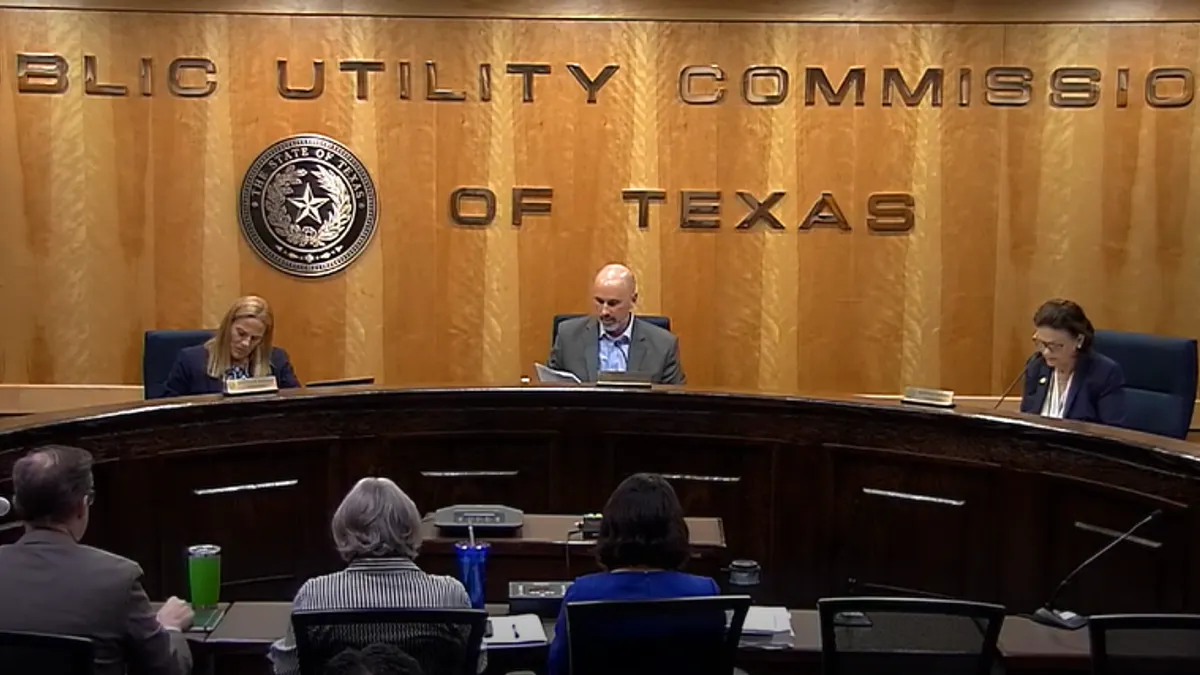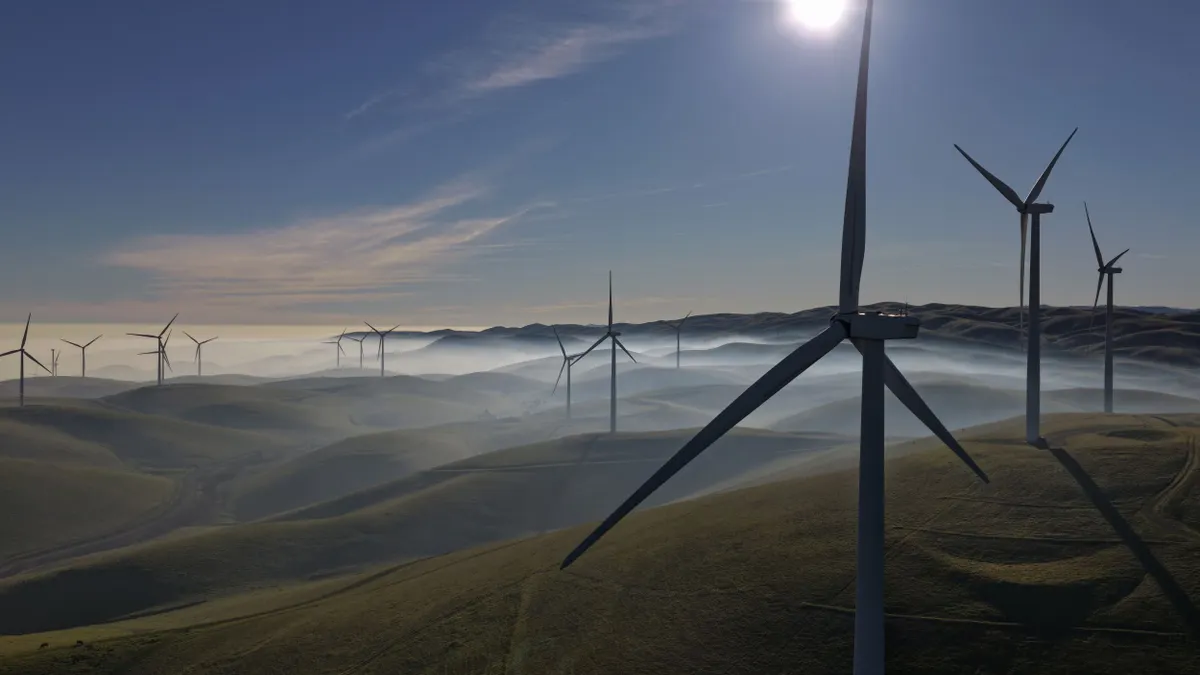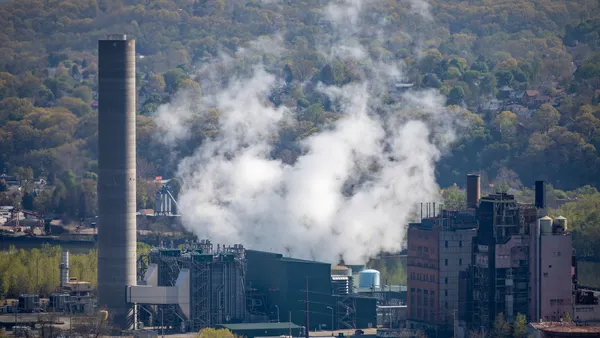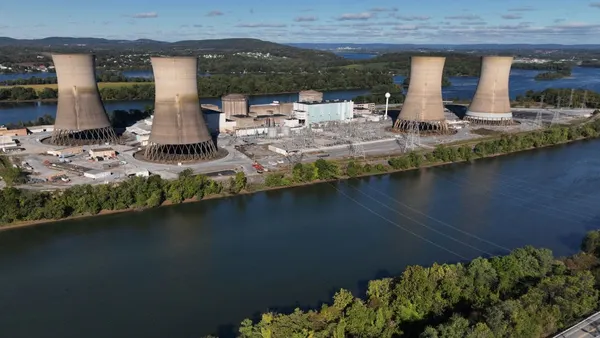Dive Brief:
- The Public Utility Commission of Texas is considering imposing cost caps on an Entergy proposal to build two gas-fired power plants with a combined capacity of about 1.2 GW, saying the utility failed to consider alternatives and hasn’t shown the projects to be cost effective.
- The two plants would cost about $2.4 billion, according to a proposed decision that recommends denying the application — but also acknowledges regulators may approve the projects with conditions. Chair Thomas Gleeson filed a memo on Wednesday discussing a possible “hard” or “soft” cap of $1.8 billion on the capital costs that Entergy Texas could seek recovery and profit on.
- “Given the lack of process and consideration of alternatives, I think we need to consider conditions,” Gleeson said at the PUCT open meeting on Thursday. “When the process is done this way, where ... potentially lower cost alternatives were not really considered, I think that puts us in a tough spot.”
Dive Insight:
Electricity demand in Texas is growing rapidly, contributing to the “tough spot” Gleeson mentioned.
Entergy Texas is projecting that its summer coincident peak load will increase by approximately 19.7%, or 746 MW, by 2028, and by 29.5%, or about 1.1 GW, by 2034. Winter peaks are also expected grow significantly.
The utility filed its application for the 754-MW Legend Power Station and 453-MW Lone Star Power Station plants last year, noting the plan was a product of the utility’s “integrated and holistic resource plan.”
“No party disputes that [Entergy Texas] has a significant near-term need for additional capacity,” the proposed decision says. “The primary contested issue is whether [Entergy Texas] demonstrated that the Dispatchable Portfolio is a cost-effective alternative to meet that need.”
According to Entergy, at an expected $1,800/kW the plants are about 25% below current market prices. And the utility said it projects the plants will produce more than $280 million in net benefits for the communities it serves.
The Texas Industrial Energy Consumers group, Office of Public Utility Counsel and PUCT staff raised concerns with how the gas plants were selected and that Entergy Texas did not conduct a request for proposals to determine which projects to pursue.
Texas law does not require an RFP process for generation projects to receive a certificate of convenience and necessity, and Entergy Texas said the impending need for new capacity left no time to develop one. But that has not assuaged regulators’ concerns.
“The need for additional generation is clear. And so we're kind of backed into a corner on this one, and that's not a position I like this commission be to be put in,” Gleeson said. “I’m less than happy with the process by which this was done.”
In a statement, Entergy Texas said it appreciated the PUCT discussion and that regulators recognized “the critical need for new, 24/7 resources. We believe the Legend and Lone Star power stations are the right fit to meet our customers’ needs, and we look forward to the Commission’s decision in the next open meeting.”
The gas plants will be back on the commission’s agenda at the September 11 open meeting.
According to Gleeson’s memo, a “soft” cap could establish a presumption that, to the extent capital costs exceed $1.8 billion, Entergy Texas did not act prudently. The utility could seek to place amounts in rate base above the $1.8 billion cost cap, but it would need to rebut the presumption in a base rate case.
Entergy Texas filed comments last month discussing the potential for cost caps.
“When a utility undertakes hundreds of millions to billions of dollars in generation investment, it needs assurance that its choice of action will not be subject to re-litigation,” it said.
“If cost recovery can be denied based on hindsight and second-guessing in a rate case that takes place years down the road, it is difficult to imagine any rational utility in this state investing, for example, $2.4 billion in new dispatchable gas generation,” Entergy Texas told regulators.
















